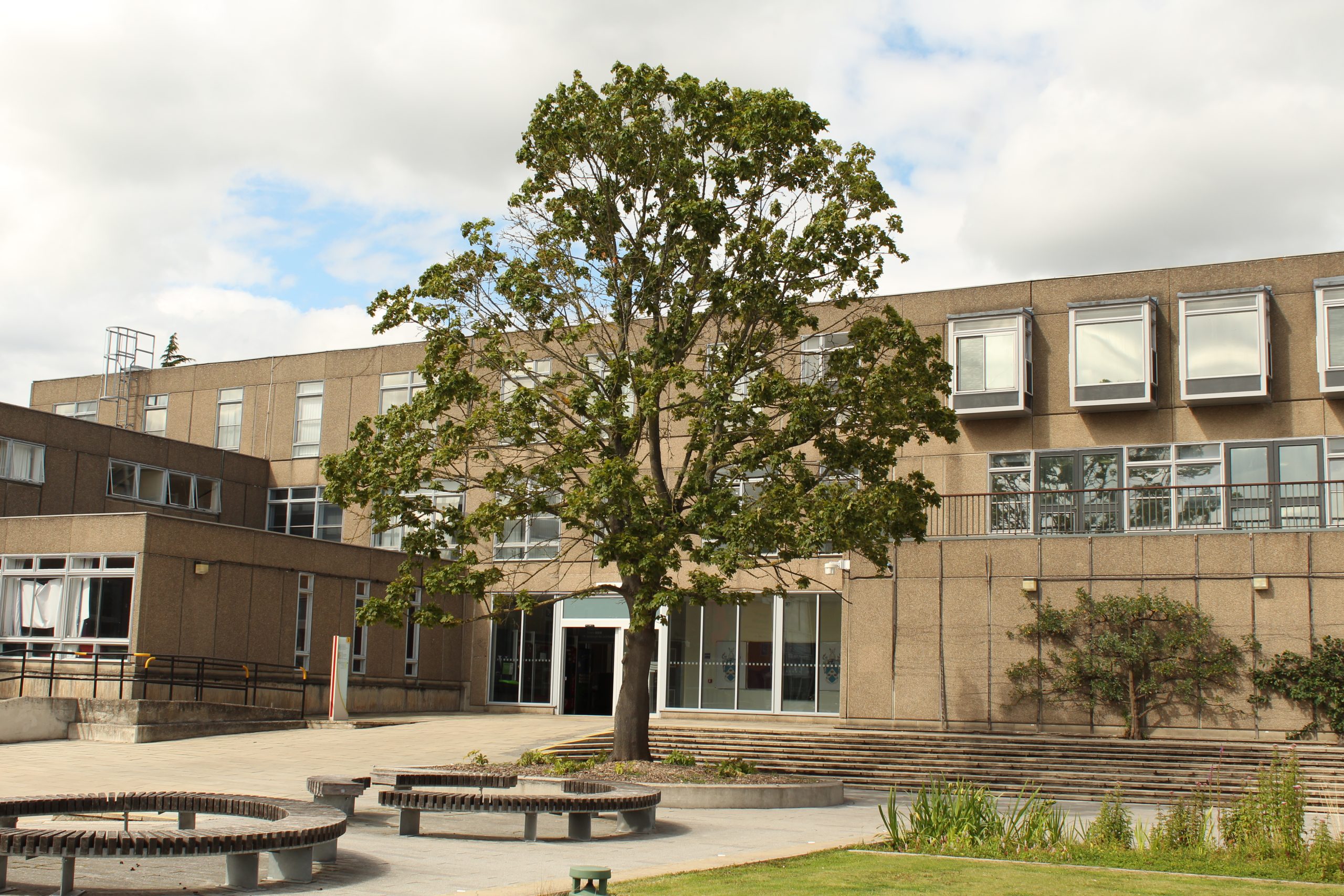On the 28th of April, I attended a webinar on sustainability at the University of York on behalf of York Vision. This is how the discussion went and some of the questions that it provoked.
Daisy, project manager of Environmental Sustainability at York (ESAY), discussed the University’s sustainability plan, as well as successful green initiatives that the University has put forward such as the reusable YORCUP scheme.
This ongoing scheme, between 2021 and 2022, has had over 1900 YorCups purchased. The University has also received the Gold Award from the British Hedgehog Society.
Later on, she mentioned York Interdisciplinary Modules (YIMs) which focus on sustainability both on an academic level but also on a practical level, with some modules focusing on preparing presentations on sustainability to businesses, local governments and NGOs so that they can become more environmentally sustainable. She also discussed the Living Labs as another success of the University in terms of sustainability education.
Pierrick Roger pointed out that although the University does have good sustainability credentials when it comes to education it finds itself lacking in other areas, with the University sitting at 69th in the People and Planet sustainability league tables, largely due to the lack of resources going towards the fulfilment of York’s sustainability goals.
The University has made promises on carbon, waste, and water management in the past but, Pierrick says, it has not met those targets. He argued that this is a key reason why we are so low in the league tables.
As the discussion went on there was a lot of talk about what can be done on a personal level to be more sustainable during a cost of living crisis. The example brought up was the difference between supermarket bread, and that supermarket bread often has plastic wrapping that is non-recyclable but is much cheaper than fresh bread bought from a bakery that comes with the more eco-friendly paper packaging.
In my own experience, I have found this to be true on a smaller level where the food I buy from Lidl tends to come in non-recyclable packaging but is a lot cheaper than what I can get from the Morrison’s nearby.
It highlighted an interesting tension that is common in environmental discourse between the idea that we can all do something to help and the idea that our actions are in the grand scheme of things very small in terms of their actual impact on the environment. It is a difficult circle to square with a lot of potential different answers to it.
Pierrick’s answer was to stress the point that one person’s actions are small in comparison to large companies. He emphasised that it is more important to lobby companies that choose to have plastic wrapping on their bread in the first place in order to tackle the issue at its source.
Daisy on the other hand focused on the positives of the YIMs as well as signposting the University of York Sustainability hub which has tips on how to live more sustainably including; purchasing a YORCUP, travelling more sustainably, either by cycling or taking the bus, and advertising Scoop (York’s student co-op where people can buy sustainable food).
Regardless of whether you follow the University’s answer to sustainability, Pierrick’s or both, the more people care and show that in our actions, the better it is for all of us.
